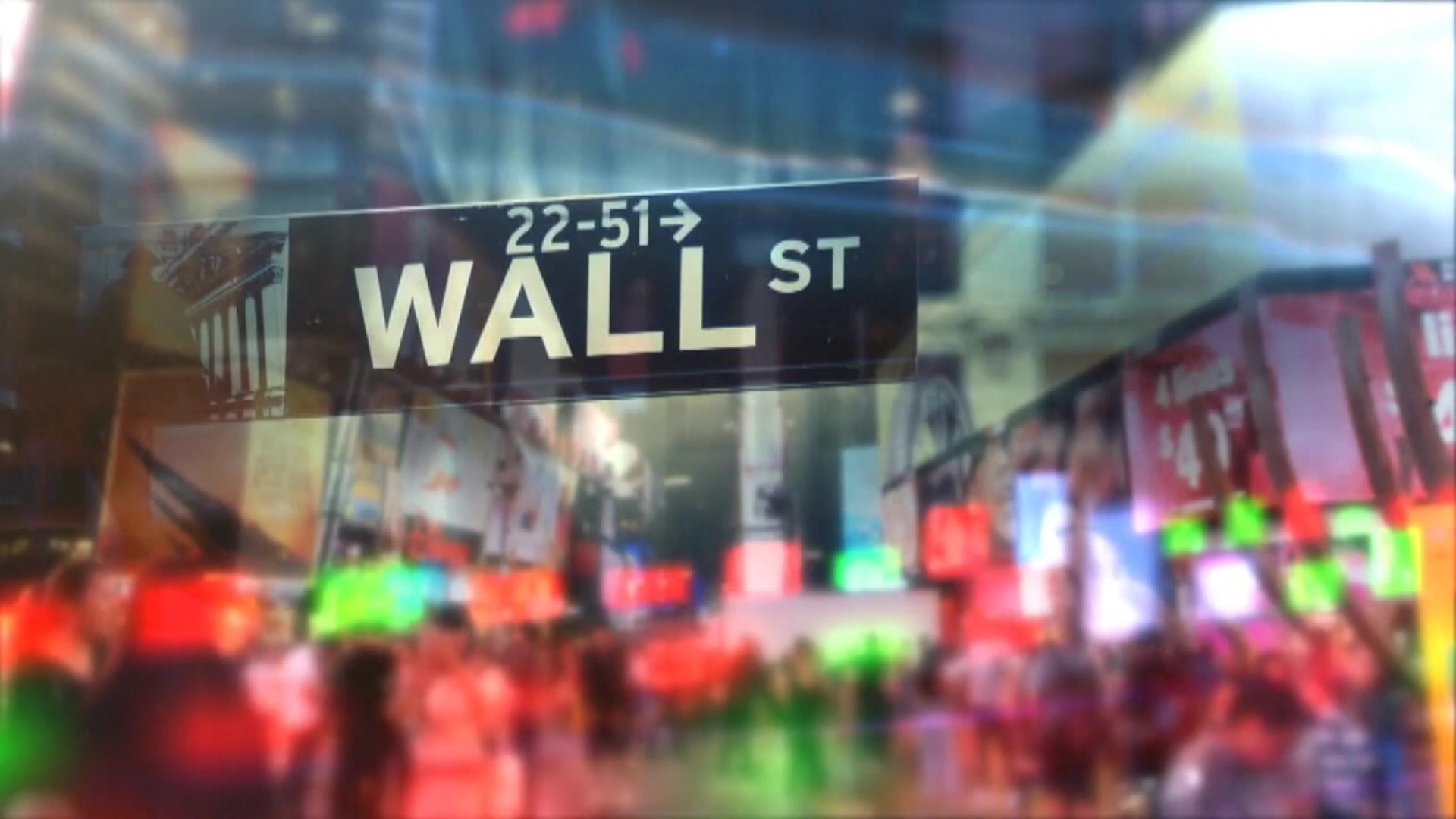BEIJING, China — Stocks rallied on Wall Street Wednesday after the Federal Reserve hiked interest rates by the biggest margin since 1994, but also said such mega-hikes would not be common.
The increase of three-quarters of a percentage point was three times as big as the central bank usually makes. The Fed signaled more increases are on the way as it tries to tackle the worst inflation in four decades.
The S&P 500 was 1.9% higher in afternoon trading after several sudden moves up and down immediately after the Fed's announcement.
The Dow Jones Industrial Average also swerved up and down, and was back to a gain of 397 points, or 1.2%, at 30,706. The Nasdaq composite was 2.7% higher.
“The Fed is serious about inflation,” said Brian Jacobsen, senior investment strategist at Allspring Global Investments. “Instead of trying to let it naturally fall they want to give it a good shove even if it means slowing growth” for the economy.
Investments around the world, from bonds to bitcoin, have tumbled this year as high inflation forces the Federal Reserve and other central banks to swiftly remove supports propped underneath markets early in the pandemic. The fear is that too-aggressive hikes in interest rates will force the economy into a recession.
Even if central banks pull off the delicate trick of slowing the economy just enough to stamp out inflation, without a recession, higher interest rates push down on prices for investments regardless. The hardest-hit have been the investments that soared the most in the easy-money era of ultralow interest rates, including high-growth technology stocks and cryptocurrencies.
Treasury yields have shot to their highest levels in more than a decade on expectations for a more aggressive Fed, though they eased on Wednesday. A disappointing report showing that sales at U.S. retailers unexpectedly slumped in May from April contributed. So did a weaker-than-expected report on manufacturing in New York state.
The economy is still largely holding up amid a red-hot job market, but it has shown some signs of distress recently. A preliminary reading on consumer sentiment last week, for example, sank to its lowest reading on record due in large part to high gasoline prices.
The yield on the 10-year Treasury pulled back to 3.39% from 3.48% late Tuesday in very shaky trading after the Fed's announcement. The two-year Treasury, which more closely follows expectations of Fed action, fell to 3.26% from 3.45%.
“The bond market right now is driving the broader market and that will continue" even after Fed Chair Jerome Powell speaks this afternoon, said Jay Hatfield, CEO of Infrastructure Capital Advisors.
Cryptocurrency prices continued to sink, and bitcoin dropped as low as $20,087.90, nearly 71% below its record of $68,990.90 set late last year. It was down nearly 8% at $20,646 in afternoon trading, according to CoinDesk.
Its tumble has worsened as investors ramp up their expectations for how aggressively the Fed will move on interest rates.
A week ago, almost no one was expecting a hike of three-quarters of a percentage point. But a stunning report on Friday sent shudders through markets when it showed inflation at the consumer level unexpectedly accelerated last month.
It dashed hopes on Wall Street that inflation may have already peaked, and the data seemingly pinned the Federal Reserve into having to get more aggressive. The Fed has gotten criticism for moving too slowly earlier to rein in inflation. Other central banks around the world are also raising interest rates, adding to the pressure.
Japan’s central bank has kept rates near record lows. That has caused the yen to fall to two-decade lows against the U.S. dollar as traders shift capital in search of higher returns.
The war in Ukraine has helped send prices for oil soaring because the region is a major producer of energy. COVID infections in China, meanwhile, have led to the closure of factories and disrupted supply chains.
It all helped pull the S&P 500 down more than 20% from its record set in early January, putting Wall Street into what investors call a bear market.
Markets were more relaxed Wednesday, with stocks climbing across Europe and some of Asia.
Germany's DAX returned 1.4%, and the French CAC 40 rose 1.3% after the European Central Bank called an unscheduled meeting to address worries that rising interest rates will cause turmoil in the continent's bond market. The central bank did not give a detailed plan, but it said it would act if needed against “fragmentation” as yields for some European countries' bonds rise much more than for others.
Stocks in Shanghai gained 0.5% after government data showed Chinese factory activity rebounded in May as anti-virus controls that shut down businesses in Shanghai and other industrial centers eased. Stocks in Seoul and Tokyo, though, fell more than 1%.
___
AP Business Writers Damian J. Troise and Joe McDonald contributed.

